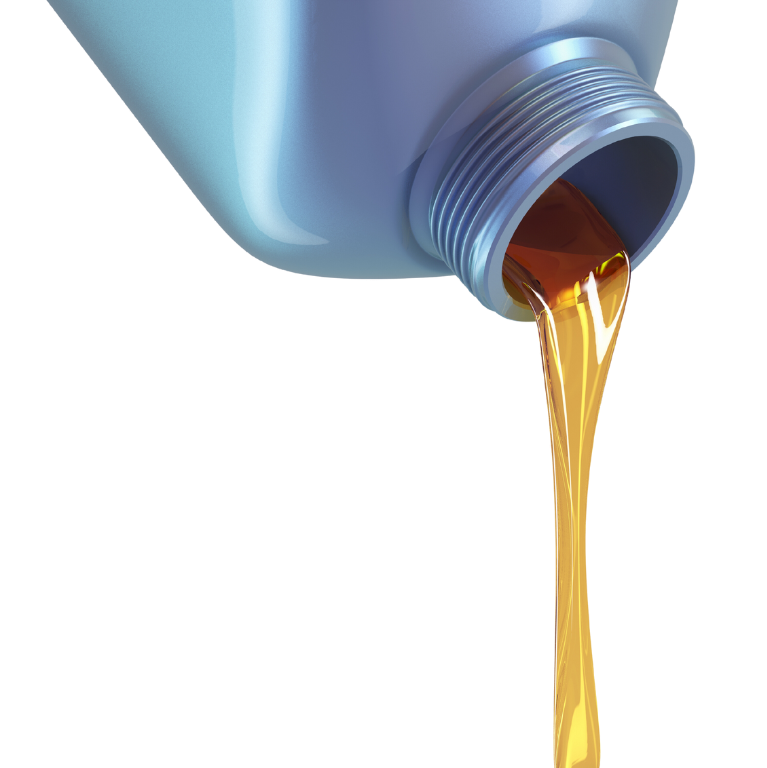Oil Change in Vancouver, WA
Experience swift, reliable, and hassle-free oil changes to keep your vehicle running smoothly and efficiently.
Swift Excellence: Providing the Best Oil Changes in Town
Discover the difference with Swift Automotives, where we pride ourselves on delivering the best oil changes in Vancouver, WA. Our commitment to excellence, combined with our use of high-quality oils and state-of-the-art equipment, ensures your vehicle receives optimal care and enhanced performance. Whether you drive a sedan, SUV, or commercial vehicle, our experienced technicians are dedicated to extending your vehicle’s lifespan and maximizing efficiency. Choose Swift for a seamless, reliable, and superior oil change service that stands out in the market.
How Often Should You Change Your Oil?
The frequency with which you should change your oil can depend on several factors including the type of vehicle you drive, the age of your engine, the type of oil you use, and your driving habits. However, a general rule of thumb is to change the oil every 3,000 to 5,000 miles. It's always best to consult your vehicle’s owner’s manual for manufacturer-specific recommendations.
If your vehicle is equipped with an oil life monitoring system, you can rely on it to inform you when an oil change is due. These systems take into account the miles driven, the condition of the oil, and how the vehicle has been driven. Regularly scheduled oil changes, in accordance with your vehicle’s manufacturer recommendations, are a small investment in preventing larger, more costly issues down the line. For further reading on oil change intervals, visit the Motorist website.
Choose the right oil for your vehicle
Conventional Oil
Usage: This is the most commonly used type of oil, suitable for many light-duty vehicles on the road. It's derived from crude oil and refined to remove impurities.
Application: Ideal for older vehicles, and typically used in situations with normal driving conditions, like daily commuting. It may require more frequent changes than synthetic types, especially in high-temperature or heavy-load conditions.
Synthetic Oil
Usage: Synthetic oil is made from base oil, powder additives, and a carrier oil that promotes an even distribution of the additives. It offers enhanced viscosity, resistance to oxidation and thermal breakdown, and decreased evaporative loss.
Application: Perfect for high-performance and high-temperature applications, synthetic oil is recommended for modern engines, turbocharged engines, trucks, RVs, and vehicles used for towing or carrying heavy loads.
Synthetic Blend Oil
Usage: This type combines conventional oil with synthetic oil, offering higher resistance to oxidation and a lower tendency to evaporate and form sludge.
Application: Suitable for carrying moderately heavy loads and in moderately high-temperature conditions, it's a middle-ground option for those seeking better performance and protection than conventional oil but at a lower cost than full synthetic oil.
Why Change Your Oil?
Regular oil changes are paramount to maintaining your vehicle’s health and ensuring a long and trouble-free life for your engine. The oil in your engine acts as a lubricant, reducing friction between moving parts and helping to prevent overheating. Over time, oil breaks down due to high temperatures and collects dirt and other particles from the engine, which makes it less effective as a lubricant. This can lead to increased wear and tear on your engine, reduced fuel efficiency, and a higher likelihood of engine failure. For more information on why oil changes are crucial, check out this comprehensive guide by Edmunds.

